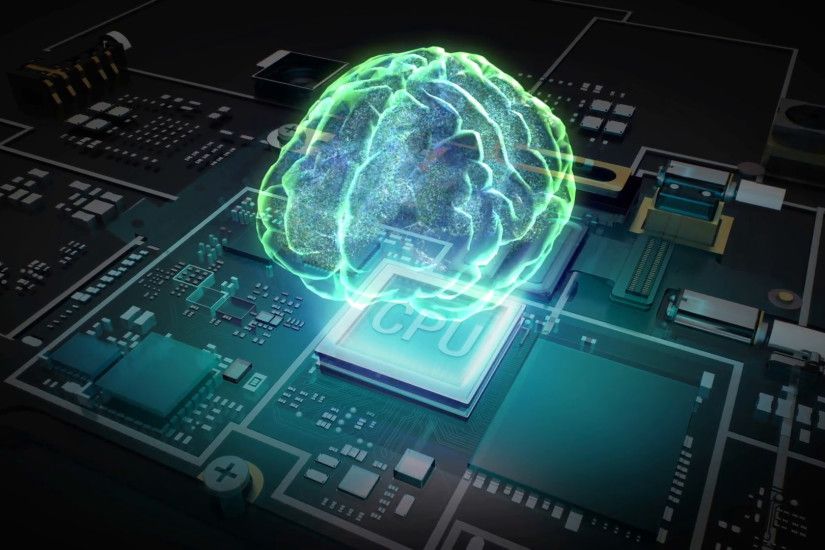The Rise of Intelligent Machines: Exploring the World of Artificial Intelligence
The Rise of Intelligent Machines: Exploring the World of Artificial Intelligence
Blog Article

In today's rapidly advancing technological landscape, artificial intelligence has emerged as a powerful force driving innovation across various industries. From virtual assistants on our devices to self-driving cars on the roads, the impact of AI is undeniable. This groundbreaking technology enables machines to simulate human intelligence processes, such as learning, reasoning, and problem-solving, revolutionizing the way we interact with technology and each other. As we delve deeper into the realm of artificial intelligence, we uncover a world filled with endless possibilities and transformative potential.
History of AI
In the early days, the concept of artificial intelligence was primarily theoretical, with scholars and researchers exploring the possibilities of creating machines that could mimic human intelligence. The roots of AI can be traced back to ancient myths and legends that depicted artificial beings endowed with human-like characteristics and abilities.
The field of artificial intelligence saw significant developments in the mid-20th century with the birth of modern computer science. Pioneering researchers such as Alan Turing and John McCarthy laid the foundation for AI by proposing theories of computation and logic that shaped the way we think about intelligent machines.
As computing technology advanced, so did the capabilities of artificial intelligence. Breakthroughs in areas such as neural networks, machine learning, and natural language processing have propelled AI to new heights, enabling applications ranging from virtual assistants to autonomous vehicles. The history of AI is a testament to human ingenuity and the relentless pursuit of creating machines that can think and learn like us.
Applications of AI
AI has found applications in various industries, revolutionizing the way businesses operate. In the healthcare sector, artificial intelligence is being used to enhance diagnostic accuracy, improve patient outcomes, and streamline administrative tasks.
Another prominent application of AI is in the financial services industry. Banks and financial institutions utilize AI algorithms for tasks such as fraud detection, risk assessment, and personalized customer experiences. This technology has enabled quicker decision-making and more efficient operations within the sector.
Ai Search Engine
AI is also making significant strides in the field of autonomous vehicles. Through the use of machine learning and computer vision, self-driving cars are becoming a reality. This technology has the potential to significantly reduce road accidents and traffic congestion while offering a new level of convenience for commuters.
Future of AI
The future of artificial intelligence is filled with limitless potential. AI technologies are continuously advancing and evolving. Industries across the globe are embracing AI to enhance efficiency and productivity. In the years to come, we can expect to see even more sophisticated AI systems being integrated into various aspects of our lives.
One of the key areas where AI is expected to make a significant impact is in healthcare. AI-powered tools and algorithms have the potential to revolutionize the way medical diagnoses are made and treatments are administered. By leveraging the power of AI, healthcare professionals can provide more personalized and accurate care to patients, leading to better outcomes and improved overall health.
As AI continues to develop, we may witness a transformation in the way we work and interact with technology. From autonomous vehicles to smart homes, AI is poised to reshape the world around us. The integration of AI into various industries and sectors will create new opportunities for innovation and growth. It is clear that the future of AI holds immense promise for making our lives more efficient, convenient, and interconnected.
Report this page